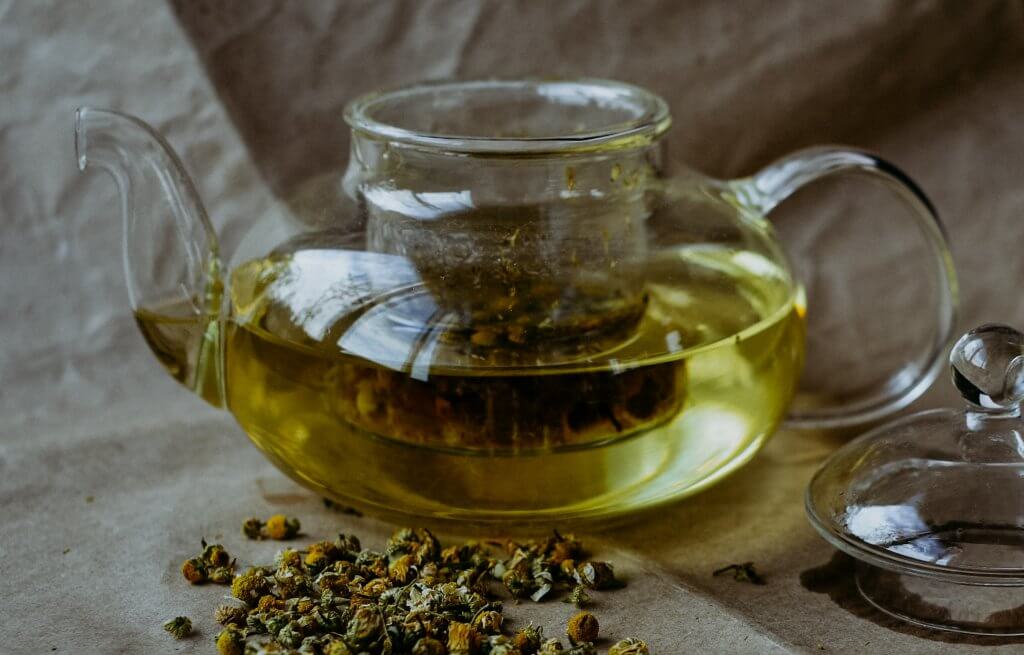 Items
Items


There is no doubt that Hippocrates is the father of modern Western medicine and the reasons are definitive: the Greek physician of the classical period was a pioneer in using the scientific method in the diagnosis, prognosis and treatment of diseases, overcoming superstitions and beliefs of the time. His wisdom comes from the direct observation, personal interrogation and manual physical examination of the patients and the subsequent systematic collection of symptoms from which he could elaborate a diagnosis and treatment of the diseases.
All this knowledge was gathered in the “Corpus Hippocraticum”, consisting of more than 50 medical treatises that were collected and stored in the great Library of Alexandria. This amazing “Corpus” includes studies on physiology, anatomy, gynecology, dentistry, surgery, mental illness and ethics, among others.
Hippocrates considered that the authentic nature of the human body is oriented towards health. Therefore, the good doctor should only prescribe and lay the foundations for self-healing of the organism, considering rest, nutrition and good hygiene as the main measures. However, we know from his writings that he used the medicinal properties of plants as part of the treatment that he applied to his patients to cure illnesses.
The philosophy of Hippocrates and the therapeutic use that he gave to plants in antiquity have inspired the philosophy of Symbeeosis from the beginning: with the purpose of applying this ancient wisdom to achieve a state of optimal health and well-being, a necessity in the real world, for a while deviated from these essential principles. Currently, we are becoming aware of the importance of returning to Mother Earth and Nature as a source of health, balance and well-being.

At this point, let’s learn a little bit more about the use that has been made since ancient times of the Greek plants that we offer today at Symbeeosis and that current science has endorsed through multiple studies which demonstrate their application properties:
• MOUNTAIN TEA: Its use goes back thousands of years when the ancient Greek shepherds used it to avoid getting sick. Due to its microbial and healing properties, it was also used to heal wounds caused by iron weapons, hence the name “sideritis”, which comes from the Greek “sideros” and means iron.
Hippocrates himself praised and loved this plant to which he attributed the property of strengthening the immune system, effective in the treatment of respiratory problems, as an adjuvant to combat depression and capable of increasing libido.
Today, thanks to numerous studies, we know that its properties go much further: due to its high concentration of antioxidants, it fights cell damage, helping to prevent cancer; promotes gastrointestinal health by reducing inflammation, reflux, or stomach infections caused by Heliobacter Pylori; helps improve cognitive functions by improving memory, information retention and stopping the onset of degenerative diseases such as Alzheimer’s; In addition, its flavonoid content inhibits a brain receptor associated with depression and anxiety.
• NETTLE: There is clear evidence that Hippocrates used nettle in 61 of his remedies and placed it in the category of “panacea”, a plant whose properties make it beneficial for the treatment of any disease. He also attributed to it the specific property of cleansing the blood and the stomach.
It was also used as a medicine to combat stings and bites from insects and animals. This plant is rich in vitamins C and A as well as iron, calcium, potassium and magnesium, as well as having alkalizing, remineralizing, diuretic and tonic properties for the body. Recent studies have shown its effectiveness in treating prostate hypertrophy and urinary problems associated with it.
• CHAMOMILE: The use of chamomile frequently appears in the “Corpus” of Hippocrates who used it as an infusion or as a poultice to treat intestinal problems such as colic, nauseas and flatulence. It is also known to be effective in the treatment of anxiety and transient sleep due to its relaxing effects on the nervous system as well as being effective in relieving muscle spasms and rheumatism. Also we found that the main content of chamomile is apigenin, a flavonoid with anti-inflammatory and anti-aging properties.
• MINT: Hippocrates used ‘mint’ plant to combat intestinal disorders, indigestion or to treat nervous system problems. He also attributed aphrodisiac properties to it. Currently the benefits have been found to be analgesic, digestive, antispasmodic, decongestant and anti-inflammatory properties.
• LEMON BALM: Just like the nettle plant, Hippocrates also placed the Melissa in the category of “panacea”, very convenient for all diseases and also for its specific calming properties on the digestive system and the nervous system. We found that it is clearly effective for treating stress, anxiety attacks, insomnia and headaches, and can be combined with chamomile to enhance all these effects.
• DITTANY: This plant, endemic to the island of Crete, was widely used in antiquity and was even named by Homer, defining it as a bitter root that was used to treat stomach ulcers and bleeding. It was also mentioned by Aristotle in his book entitled “History of Animals”. Hippocrates prescribed it to cure diseases of the stomach, gallbladder or tuberculosis. It is also rich in antioxidants due to its phenolic acid content and is effective in treating circulatory and heart problems, that is why we appreciate it so much at Symbeeosis.
Choose up to two answers

